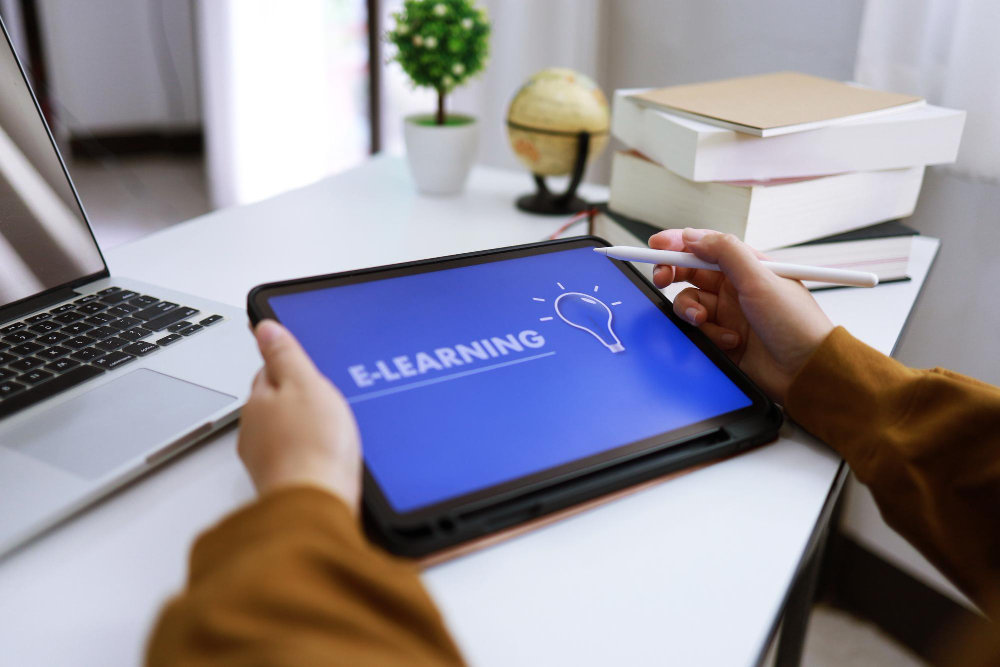Empowering individuals through eLearning serves as a gateway to transform traditional education into something more innovative and accessible. In the modern era, digital platforms are reshaping the educational landscape, offering personalized learning experiences that accommodate diverse learning paces and styles. eLearning is revolutionizing the way people acquire knowledge, making it more adaptable to their unique needs and circumstances across the globe.
As educational institutions transition into digital learning environments, they not only continue to teach traditional subjects but also integrate technological skills essential for contemporary life. This evolution enables students to learn at their own pace, fosters a deeper understanding of subjects, and allows educators to tailor content to individual student needs. By embracing eLearning, institutions are equipping students with critical life skills for the 21st century, empowering them to navigate both personal and professional challenges effectively.
One of the biggest advantages of eLearning is its ability to make education accessible to a broader audience, regardless of geographical barriers. Digital learning tools break down these barriers, providing educational opportunities to individuals in remote areas or to those who otherwise would not have access. This freedom to learn anywhere and at any time democratizes education, ensuring everyone has an equal opportunity to pursue their dreams and improve their quality of life.
Moreover, eLearning encourages the development of self-discipline and time management, essential life skills that directly translate to workplace success. Through online courses, learners are tasked with managing their schedules, setting personal goals, and motivating themselves to complete courses—a simulation of real-world responsibilities. These skills are crucial, as they not only impact academic success but also prepare individuals for a professional environment where independence and initiative are highly valued.
eLearning technologies also foster interactive and engaging content, which is essential for maintaining student interest and encouraging active participation. By incorporating multimedia elements, simulations, and gamified learning experiences, educational platforms captivate learners, making education a dynamic and enjoyable process. This heightened engagement can lead to more effective learning outcomes, as students remain motivated and invested in their educational journey, ultimately shaping a well-rounded and knowledgeable individual.
The ever-evolving nature of eLearning also requires educators and institutions to stay updated with new trends and technological advancements. Staying informed ensures that they continue to deliver high-quality content that meets current educational standards and appeals to modern learners. Regular updates and improvements to eLearning systems help maintain their relevance and effectiveness, keeping pace with industry demands and technological innovations.
In conclusion, the transition to eLearning is not just about incorporating technology into education but redefining how education is delivered and received. By leveraging digital tools, learners are empowered to take control of their education, equipping them with skills necessary for tomorrow’s world. As digital education continues to evolve, it holds the potential to transform minds, forge futures, and shape a more informed and capable future generation.
